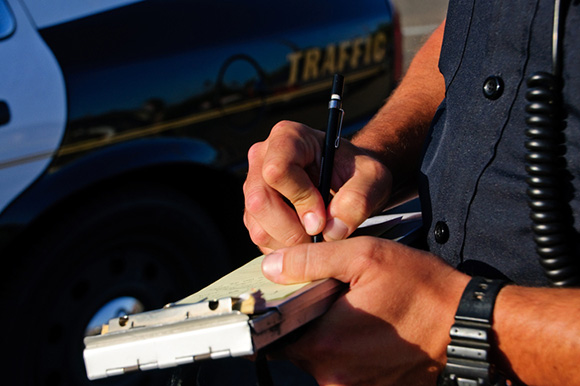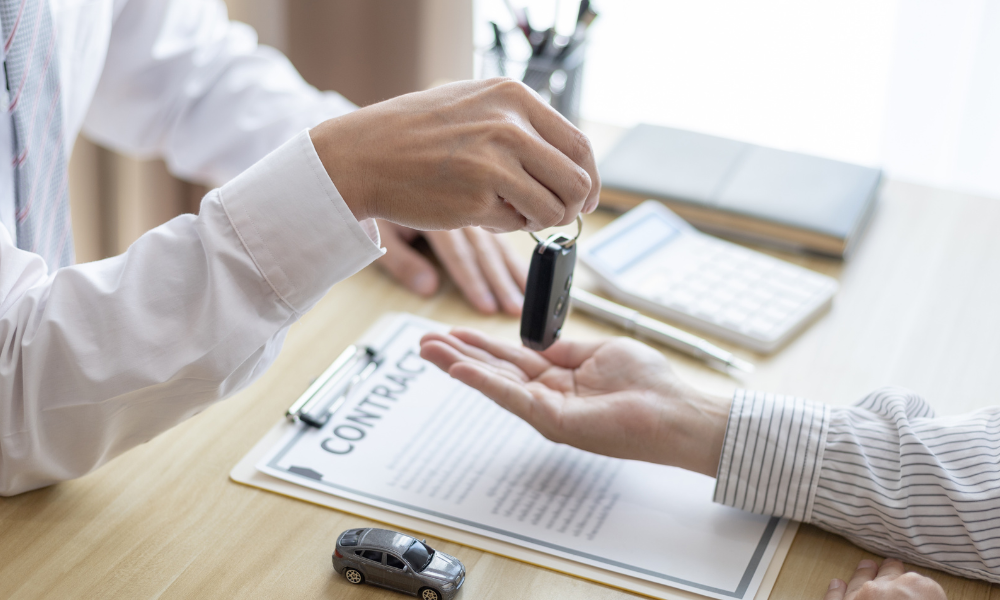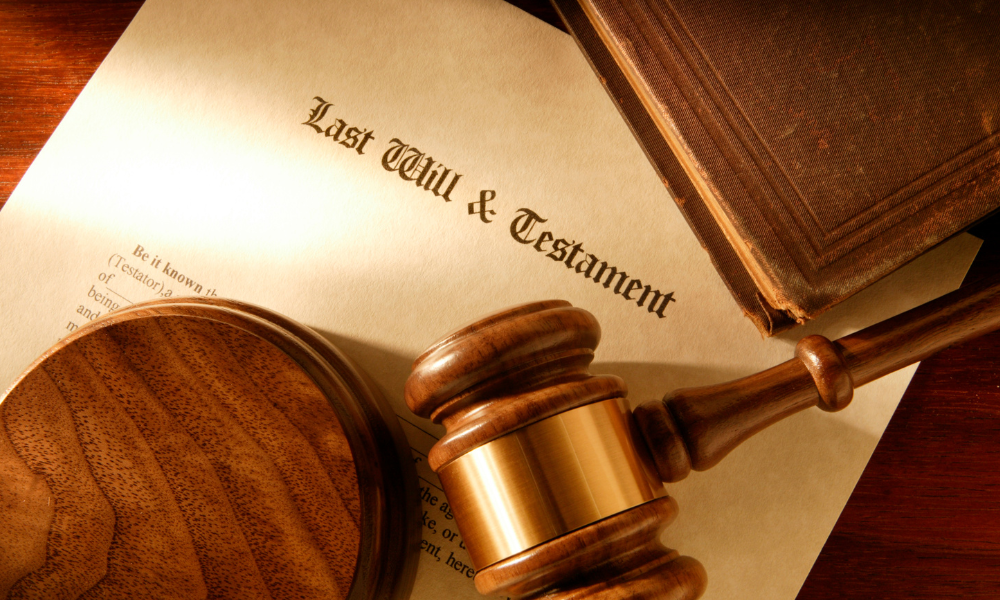A legislative committee met for the final time last week to discuss their studies regarding the decriminalization of traffic violations in Southern Nevada. The studies were conducted to see if it was better to treat traffic violations as civil matters, rather than criminal cases.
As per the final meeting, the committee is moving forward with a bill draft requesting the official decriminalization of traffic offenses. Motorists and Las Vegas traffic ticket attorneys both agree this change will have significant impacts.

How Does the Las Vegas Traffic Ticket System Work Currently?
The current system works as follows: even minor traffic violations such as driving with a broken tail light are considered misdemeanors. Because of this, if the offender fails/forgets to appear in court on the appointed day, or if the offender can’t afford to pay the traffic ticket, that person is subject to a bench warrant, an arrest, and potential jail time.
The past 20 years or so in Southern Nevada, courts have become quite reliant on the fines related to these traffic violations. In spite of this, committee chairman, Steve Yeager, asked that the committee move forward with the bill draft to transition the current system to a civil system for minor traffic offenses. The next bill drafts will deal with how to improve the current system if the first-choice bill draft fails to pass.
There are currently 22 states that already treat minor traffic violations as decriminalized. The instead pose penalties that are civil in nature (i.e., they do not lead to arrest if the offender can’t pay.) Some of Nevada’s own neighbors already use a civil system: Arizona, Colorado, Idaho, and Washington. California is in the process of transforming its current system.
Transforming the System Away From Criminal Offenses
A key speaker at the final, recent committee meeting was Leslie Turner, affiliated with PLAN Action’s Mass Liberation Project. She testified regarding her own experiences of not being able to afford her traffic tickets, which lead to her arrest while she was still breastfeeding her newborn baby. “We really hope that this committee can recommend that traffic be moved to civil court so that people will no longer be arrested for this,” Turner said.
Another volunteer for the Mass Liberation Project, Roger Pharr, provided some statistics on the local jail population in Las Vegas. “Today there are 349 people in local jails for traffic offenses. Nine of them are there for bicycle infractions, twenty-nine for pedestrian violations, like jaywalking, and an incredible 95 for license and registration issues. These people are clearly not a public threat. They are just in jail because they don’t have money,” Pharr said.
Creating Undue Burden on the Las Vegas Community
Other people shared stories of how their inability to pay for a minor traffic ticket lead to jail, loss of their home, loss of their job, and deportation. Filmmaker and Libertarian candidate in the first congressional district, Robert Strawder, discussed the fact that many of the people in his neighborhood of North Las Vegas end up in jail due to not having enough money to pay for their minor traffic violations.
“I know a lot of individuals whose families were affected when their mom or their father was incarcerated because of a $250 speeding ticket,” said Strawder. “They lose their job. They can’t pay rent, and they have to stay in the homeless shelters with their kids. There really is an epidemic that’s going on with poverty.”
Even the American Bar Association is in support of the transition. Earlier this month they created the “Ten Guidelines on Court Fines and Fees” which plead with government agencies to promote laws and policies that would minimize excessive penalties if an individual cannot afford to pay the original ticket. The guidelines state that “courts should not impose fees, including fees for counsel, diversion programs, probation, payment plans, community service, or any other alternative to the payment of money,” when an individual cannot pay.





